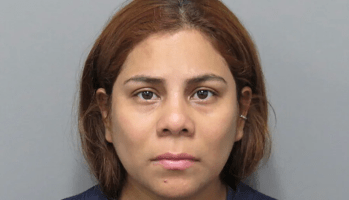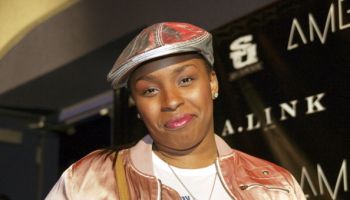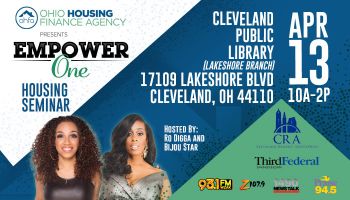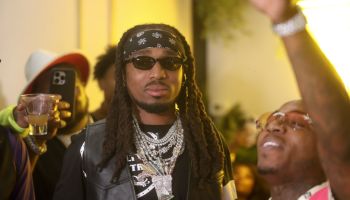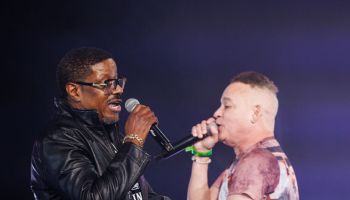Source From
President Barack Obama is sounding more like a candidate who understands the power of re-energizing the African-American base heading into a formidable 2012 election.
Obama fired up the faithful this week when he spoke to an enthusiastic crowd in New York – the annual convention of Rev. Al Sharpton’s National Action Network.
With a simple embrace of Sharpton, who was once considered a political pariah and racial flamethrower, Obama signaled to black America that he’s embracing his legacy as the nation’s first black president and openly courting black voters long before Election Day.
After two years in the White House, it appears that Obama gets it. It’s politics – and it’s black politics. Obama is hoping that Sharpton will encourage an unprecedented number of black voters to pack the polls in 2012 and return Obama to his job in the Oval Office.
Consider this: Obama’s appearance before Sharpton’s organization was the president’s first major speaking event since formally announcing his re-election bid earlier this week. And he was speaking comfortably on the campaign trail.
“I’m not asking you to think about what we’ve already done so you can be satisfied with our progress,” Obama said. “I know this isn’t the National Satisfaction Network; this is the National Action Network. But I am asking you to draw inspiration from the fact that we know change is possible.”
“The face of America is changing,” Obama said. “You can’t get away with having a third of our children, half of our children, not doing well. Not today, not in the 21st century. All of us – black, white, Latino, Native American, Asian American, men, women, disabled, non-disabled – in America, we rise and fall together.”
It’s no secret that Obama doesn’t like dealing publicly with issues of race. He’s a practical politician who prefers conversation over confrontation, but as a black president who was supported by an overwhelming black electorate, Obama needs to clearly define himself as a champion for black causes.
So how important was Sharpton’s event for Obama? With the threat of a government shutdown on Friday that could cripple the economy, Obama left Washington Wednesday, flew to New York for his speech to 600 prominent African-Americans, which included Bill Cosby, Spike Lee, David Dinkins, Stevie Wonder and Magic Johnson, and rushed back to the White House for a late-night meeting with House Majority Leader John Boehner (R-Ohio) and Rep. Harry Reid, a Democrat from Nevada.
He could have cancelled Sharpton’s event, but he didn’t. Unlike the 2008 presidential election, much of the historic euphoria has faded and the harsh reality has set in: Black Americans are disproportionately struggling in this economy, and the administration can’t stop the hemorrhaging. Some civil rights activists – including some in the ballroom Wednesday – have criticized Obama privately for not speaking out directly about the 15.5 percent black unemployment rate.
In his speech on Wednesday, Obama scratched the surface – but did not dig deep.
“Now, what’s also true, though, is the unemployment rate for African-Americans is almost double what it is for other groups,” Obama said. “It’s also true that those with the least have been sacrificing the most during this recession. What’s also true is that even before the recession hit, too many communities were marked by structural inequalities in health and education and employment that made it profoundly difficult for too many people to get ahead.”
“There are Americans of all colors and creeds who are struggling to live out those dreams today,” Obama said. “That’s part of what our campaign was about – reminding ourselves that everybody is in this together.”
Obama has experienced run-ins with some civil rights activists in the past
who have questioned if he is “black enough,” while a few white journalists have even acknowledged that Obama’s White House is “too white.”
On Wednesday, Obama sought to solidify his place as a leader for the people and put the black community at ease.
“There are times when some of you may have said, I don’t know what Obama is doing there,” he acknowledged. “There are times where you lose hope, times when folks in Washington focus on scoring points instead of solving problems. And some of you may just put up your hands and say, politics is too tough.”
Race is tough, too – especially for Obama. The president is still a work in progress when it comes to using his White House bully pulpit to articulate his thoughts about social injustice and racism. And although the presidential election is more than 18 months away, Obama is already stumping for black votes – and leaving nothing to chance.










